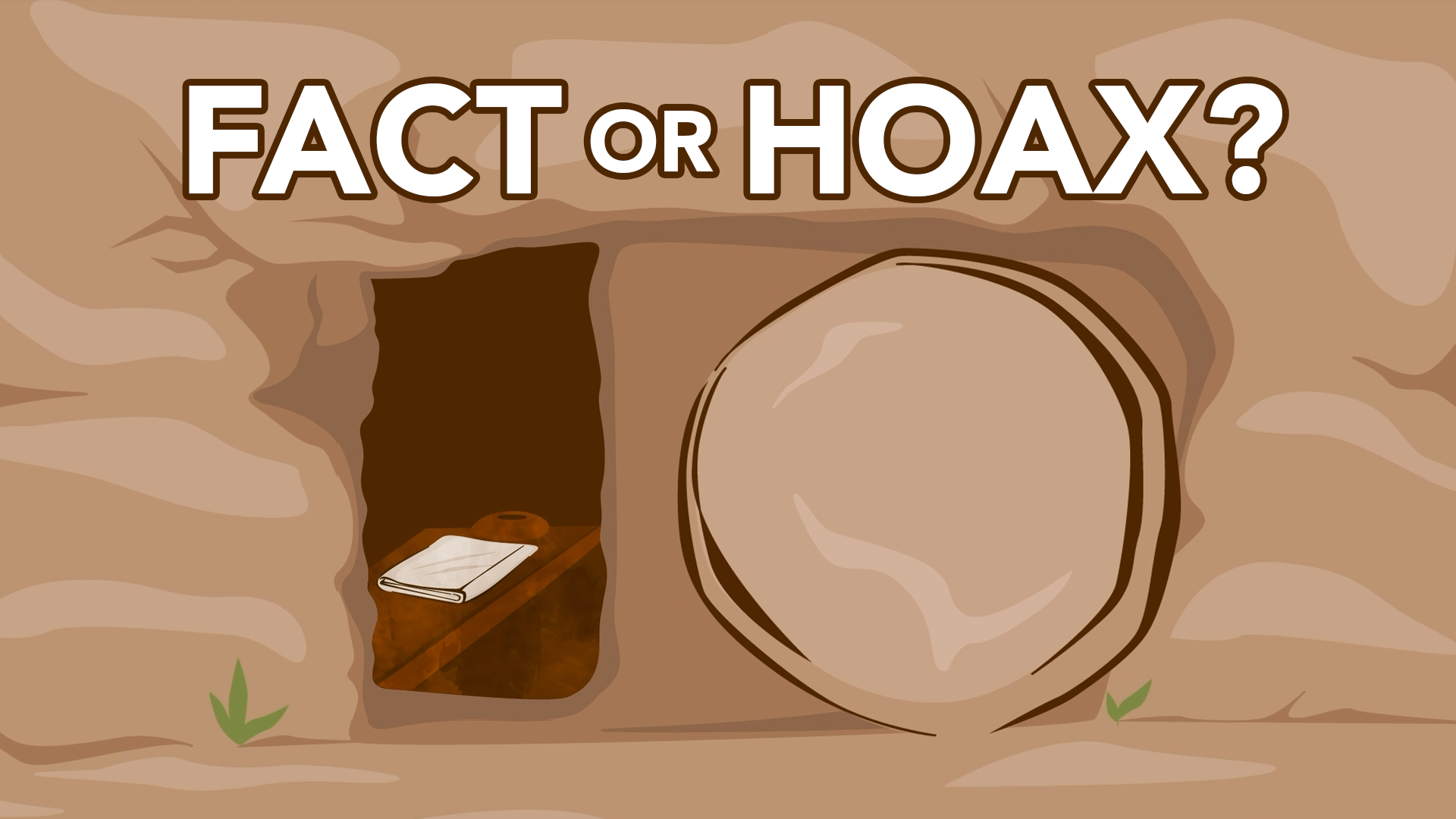3 min read
What is Christian 'deconstruction' and how should we respond?
 What Would You Say?
Feb 11, 2025 10:15:00 AM
What Would You Say?
Feb 11, 2025 10:15:00 AM
You’re in a conversation and someone says that they are “deconstructing” their faith.
What Would You Say?
The term “deconstruction” has become a popular a way to describe someone re-examining or doubting their beliefs, especially their Christian faith. But it's sometimes not as clear cut as it sounds. How can we productively examine our faith, or help someone else to examine theirs?
Here are three things to consider.
You’re in a conversation and someone says that they are “deconstructing” their faith. What would you say?
The term “deconstruction” has become a popular way to describe someone re-examining or doubting their beliefs, especially their Christian faith.
Often, this process involves questioning core doctrines of Christianity, such as the authority of Scripture or the divinity of Jesus Christ, but even more often, it involves questioning the moral teachings of Christianity, especially about sex. The risk when someone “deconstructs” their Christian faith is doing it alone, settling for shallow answers, and confusing distortions of Christianity with the true faith. When that happens, those who deconstruct often fail to reconstruct their faith around what is actually true.
The next time someone says they’re deconstructing their faith or know someone who is, here are three things to remember:
Number one: Deconstruction should involve honest questions and an honest search for answers.
People who say they’re deconstructing frequently ask questions like “How do we know the Bible is reliable?” “How do we know God exists?” and “How can Christian sexual ethics be binding for everyone?” Asking these questions is ok, if they are out of a search for real answers.
It’s not uncommon to meet deconstructors who’ve already given up their faith, after watching a few skeptics online. They are missing centuries of Christian apologetics from Augustine and Aquinas to C.S. Lewis and Josh McDowell, and instead simply conclude their questions have no answers. But there are good answers out there to the hardest questions that have been put to the Christian faith.
Sometimes people are motivated to not find answers because they have already they don’t want Christianity to be true. This might be because it stands in the way of a relationship they want, or a sexual identity they claim, or a lifestyle they want to pursue. This is not honest questioning. It’s self-justification. While we should never assume that everyone who expressing doubts has a hidden motive, many people question the faith as an excuse for their sin.
It’s important to find out which type of deconstructor you’re dealing with. Or if you are the deconstructor, which kind you are.
Number two: Deconstructing abuses of the faith is different from deconstructing the faith.
It’s always tragic when parents, pastors, and teachers give a shallow or misleading understanding of Christianity. The faith of many people have been distorted by heretical, abusive, or cult-like beliefs and behaviors. Too many who claim to be acting in the name of Jesus behave nothing like Him.
It’s vital to understand that distortions of the faith don’t disprove the faith, any more than growing up in an abusive household proves that all families are abusive. Many people who have suffered under twisted forms of Christianity eventually reject Christianity, assuming that all believers must be hypocrites and all churches cults. This is not only a tragedy, it’s completely unnecessary.
When talking with someone who is deconstructing a distorted or abusive religious background, we must have compassion and patience. It’s important to discern whether they’re rejecting the truths of Scripture, or the lies taught by those who twisted Scripture. Just as someone who grew up in an abusive home needs to be shown healthy and loving families, someone who knows only a distortion of Christian faith needs to be shown beautiful and genuine Christian faith. It may take time for them to understand the difference, but the real Jesus is gentle and lowly, and binds up broken hearts. He can certainly restore broken faith.
Number three: After deconstructing false beliefs, it’s important reconstruct true beliefs in their place.
It’s impossible for anyone to live in a state of permanent uncertainty and doubt. Something will claim our allegiance and our affections. Someone who “deconstructs” their Christian faith won’t be without a worldview. Whether they know it or not, a new worldview, typically shaped by the beliefs and values of those around them, or by their own desires and behaviors, will take its place.
And that’s a terrible way to construct a worldview.
It’s not enough to just reject what is wrong. We must know what is true!
One way to help deconstructors is to ask good questions that will lead to careful, Scripturally informed reconstruction. If you’re talking with someone who grew up being taught falsehoods about God, ask them whether they would be willing to study who He really is. If someone’s church taught falsehoods about sex, ask if they know about God’s true and beautiful design for sex in marriage. If someone’s family handled the Bible in the wrong way, ask if they’d be willing to read it together. Good questions and good friendship are essential for not only deconstructing what is wrong, but reconstructing what is true, good, and worth believing in.
So, the next time someone says they’re “deconstructing” their faith or knows someone who is deconstructing, remember these three things:
Number one: Deconstruction should involve honest questions and an honest search for answers.
Number two: Deconstructing abuses of the faith is different from deconstructing the faith.
Number three: After deconstructing false beliefs, it’s important reconstruct true beliefs in their place.





